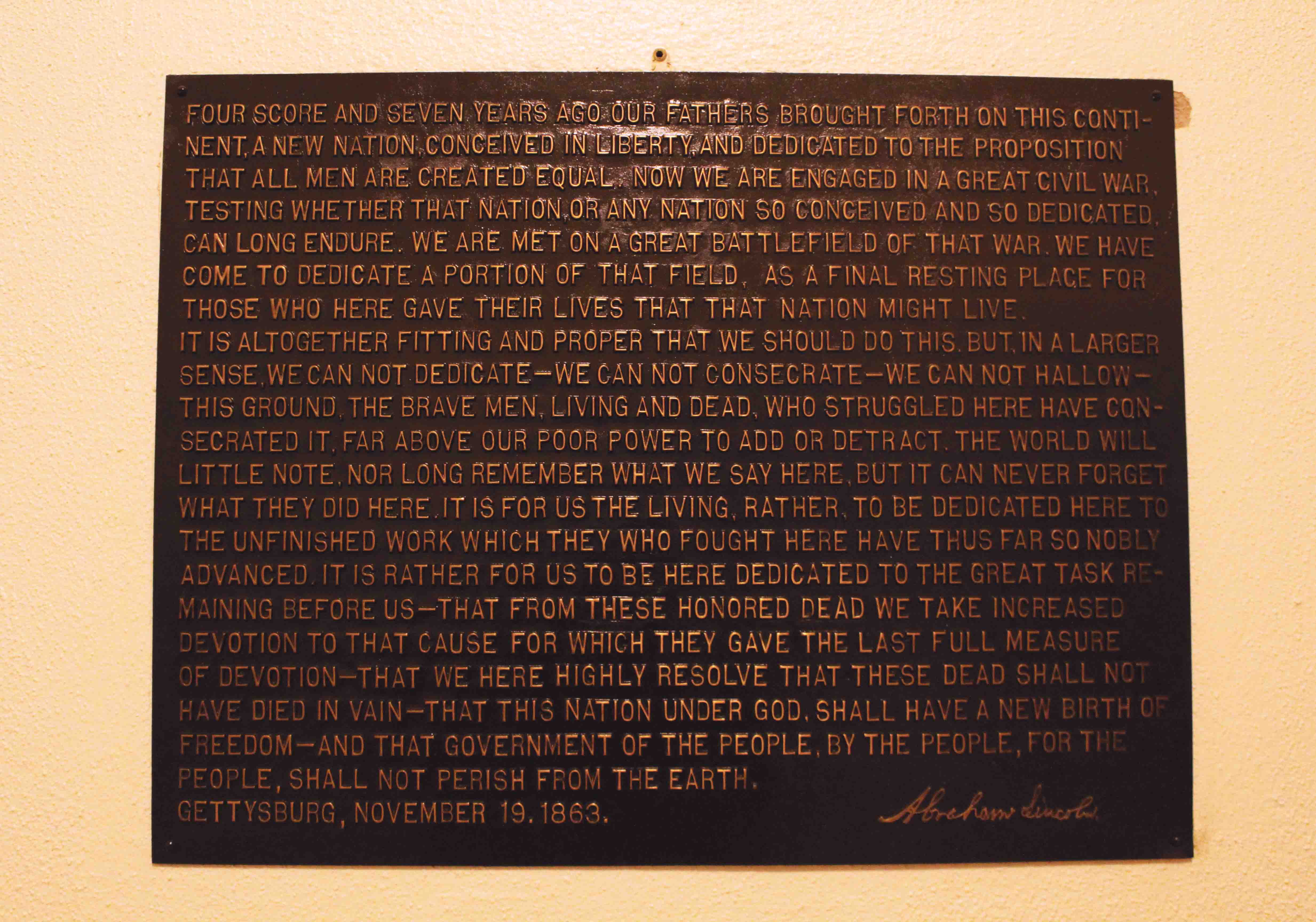
History lovers from across New Haven gathered at the Institute Library on Monday night to celebrate President Abraham Lincoln’s birthday and discuss his relationship with Frederick Douglass.
The event was organized by Frank Cochran, a volunteer at the library, in order to foster discussion about Lincoln’s legacy during a holiday that he believes has become overly commercialized. Cochran and several other community members read passages from Frederick Douglass’s famous Fourth of July speech, Lincoln’s address to Congress in 1862 and a letter Douglass wrote about meeting Lincoln.
“It’s really a great event to kind of rethink revisionist history in a variety of ways and how it went in those days,” Cochran said. “And so I thought, what’s really kind of cool about reading in public that you can’t do while reading the book is that you can put yourself as the hearer or as the reader back in history, trying to think about what it would be like at that time.”
Cochran began the program with a history lesson, discussing how President’s Day used to be separated into Lincoln’s birthday and George Washington’s birthday before the two occasions were merged into one holiday, which he believes turned the anniversary into an opportunity for stores to hold sales rather than for Americans to celebrate its former leaders.
When the event was held for the first time two years ago, the discussions focused solely on Lincoln. But after Frederick Douglass, who was also born in February, came up in those previous iterations of the event, the Institute Library decided to include him in this year’s program. Excerpts from Douglass two-hour long Fourth of July speech in Rochester were the first readings of the night, performed by Maryann Ott of the NewAlliance Foundation.
In between the speeches, Cochran discussed the historical significance Douglass has in New Haven. Douglass came to speak to a group of abolitionists during the Civil War at the Institute Library for a lecture, where it is rumored that librarians armed themselves to protect him from anti-slavery protesters outside, according to Cochran.
“There is nothing more fearsome than an armed librarian,” noted Jack Hitt, a reader at the event and host of the Civil War podcast Uncivil.
One theme of the program was the relevance of each reading to the present. One attendee brought up the “revisionist” teachings that mar history education in the United States’ history and said slavery has transformed into mass incarceration since the Civil War.
Hitt said Lincoln’s words to Congress still have resonance today, in the politically divisive present.
“For once I agree with President [Donald] Trump, who about a year ago said that ‘Frederick Douglass is doing an amazing job and is becoming more and more popular I hear,’” Hitt said.
Berkeley Cameron and Stephanie Fitzgerald, attendees at the event, said it was also important to reflect on presidential history in order to understand political events today.
“I am really not much of a historian, but I feel like I should know more,” Fitzgerald said. “And this is really a wonderful venue for learning more about literature and history.”
The Institute Library is located at 847 Chapel St.
Carolyn Sacco | carolyn.sacco@yale.edu







